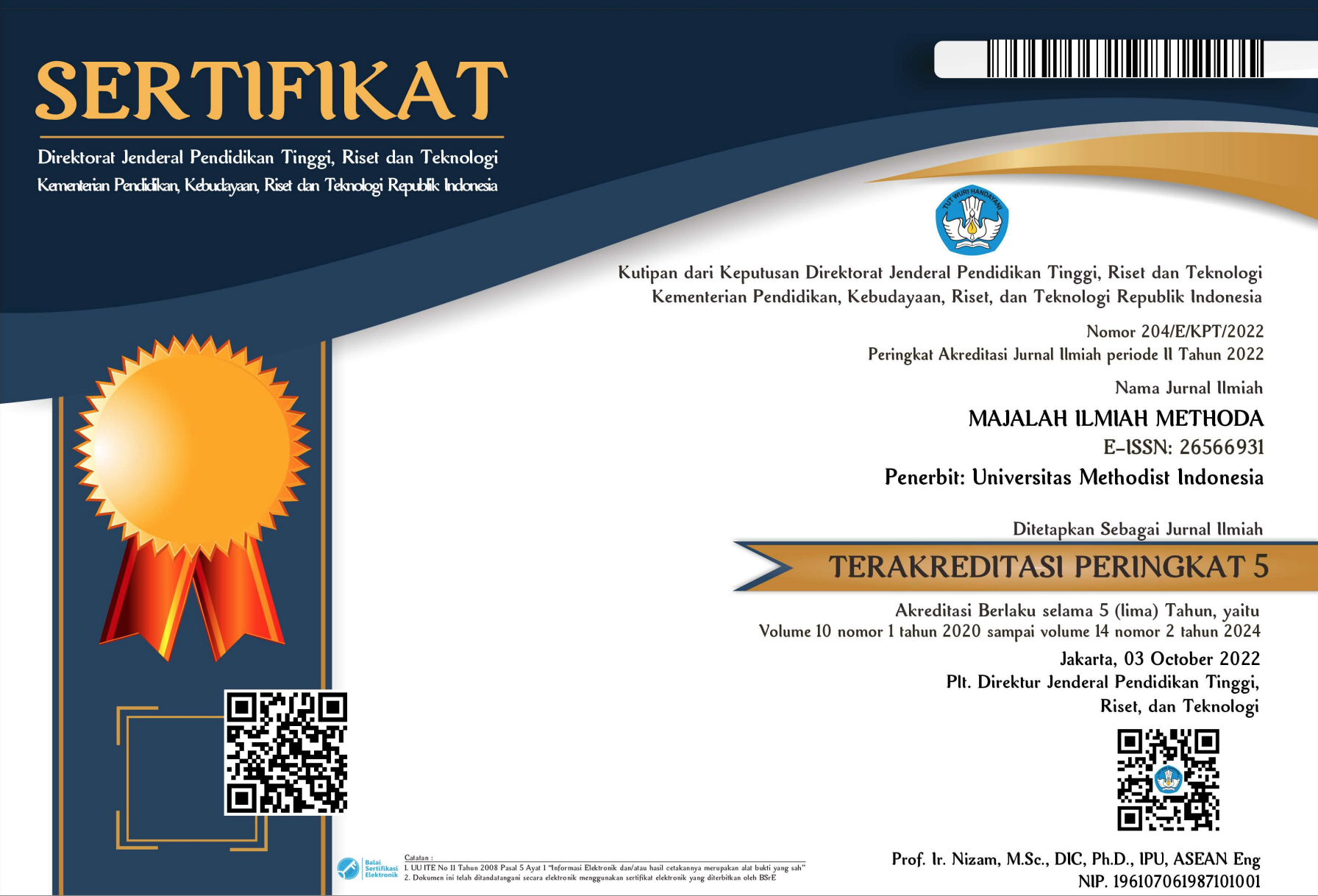IDENTIFIKASI BAKTERI DIPLOCOCCUS GRAM NEGATIF DENGAN PEWARNAAN GRAM PADA SAMPEL SWAB ANAL KASUS SODOMI ANAK DI RSUD DR. PIRNGADI KOTA MEDAN PERIODE MEI 2022 – OKTOBER 2023
Keywords:
Gram Negative Diploccoccus, Gram Stain, Child SodomyAbstract
Gram stain is a type of microbiological examination to classify Gram positive and Gram negative germs based on the chemical and physical properties of the germ cell wall. Sexually transmitted infections (STIs) are infectious diseases that are transmitted mainly through sexual intercourse. Sexually transmitted bacteria are including Chlamydia trachomatis (chlamydia), Treponema pallidum (syphilis) and Neisseria gonorrhoeae. Sodomy is a form of sexual abuse. This behavior can also be categorized as anal sex. This act of abuse has a deep psychological trauma and long-term impact on the victim. The act of sodomy will certainly have a negative physical impact on the victim, both in the form of wounds in the anus and the risk of contracting STIs. This study is a retrospective descriptive study aimed at identifying gram negative bacteria with Gram Stain. Data collection through secondary data of gram staining of anal swabs in sodomy cases obtained from laboratory medical records of RSUD Dr. Pirngadi Kota Medan for the period May 2022 to October 2023. The results showed that those infected with gram negative Diplococcus from anal swab samples of sodomy cases were 10 cases (67%) out of 15 cases of sodomy in children. More boys were sodomized, namely 11 people (73%), and girls 4 people (27%). The highest age group was 11-15 years old with 9 cases (60%), 6-10 years old with 3 cases (20%) and 1-5 years old with 3 cases (20%). Gram negative Diplococcus bacteria can be identified by Gram staining of anal swabs of child sodomy cases.
Downloads
Published
Issue
Section
License
Copyright (c) 2024 Renatha Nainggolan

This work is licensed under a Creative Commons Attribution-NonCommercial 4.0 International License.










